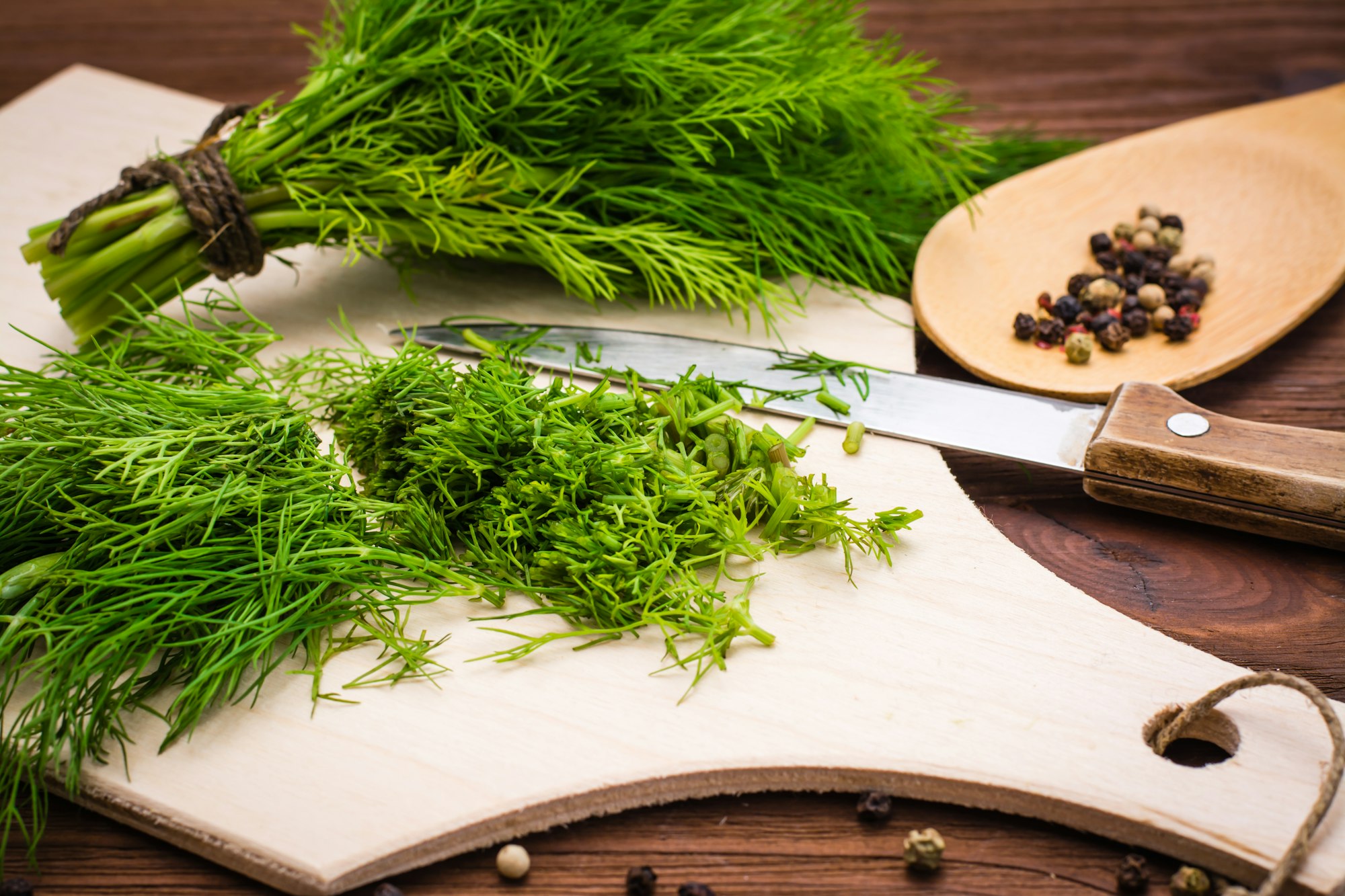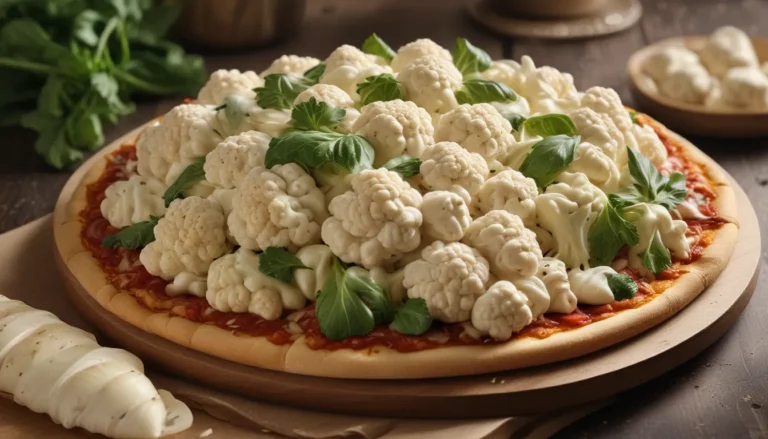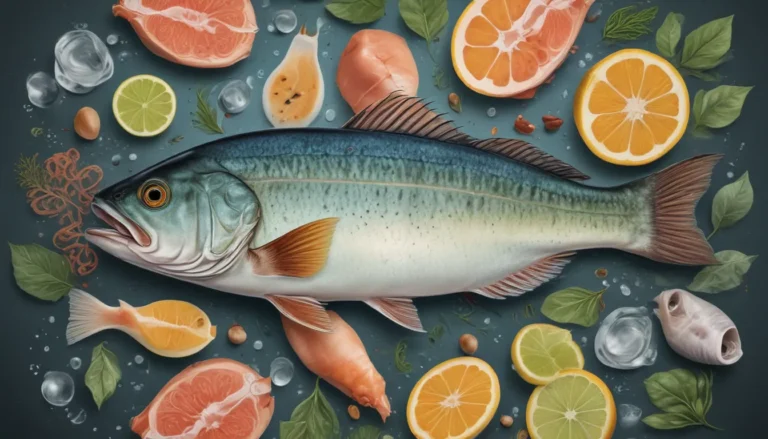The pictures in our articles might not always show exactly what the text is talking about. We use these images to make the article more interesting and eye-catching. They are there to add to the text, but not to replace it or show every detail.
Dill, with its distinctive aroma and tangy flavor, has been captivating taste buds for centuries. This versatile herb adds a burst of freshness to various dishes, from pickles to fish and soups. Let's dive into 17 fascinating facts about dill that will deepen your appreciation for this humble herb.
Ancient Origins and Cultural Significance
- Ancient Egyptian Connection: Dill's history stretches back thousands of years, with traces found in the tomb of Egyptian Pharaoh Amenhotep II, dating to around 1400 BC. The ancient Egyptians even believed dill possessed mystical powers!
- Greek Mythology: In Greek mythology, dill was associated with wealth and good fortune. It was even mentioned in the writings of Theophrastus (371-287 BC), showcasing its long-standing importance in Mediterranean culture.
- Medieval Superstitions: During medieval times in Europe, people hung dill over doorways, believing it would protect against evil spirits and bring good luck. Talk about a multipurpose herb!
Botanical Brilliance
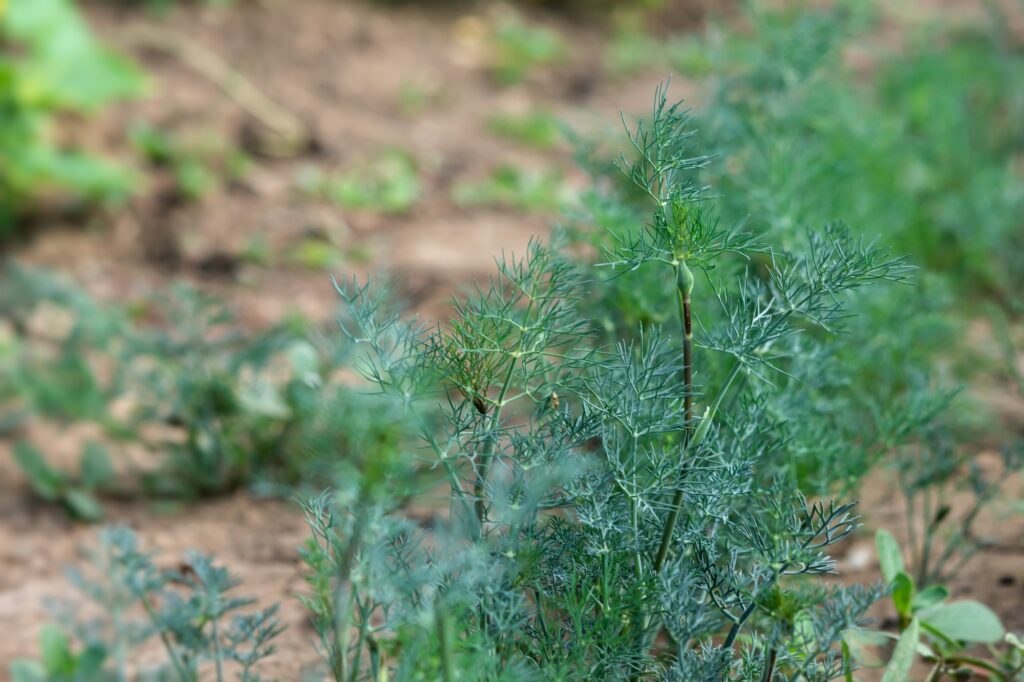
- Herb and Spice: Dill serves as both an herb and a spice. The fresh leaves (dill weed) are used as an herb, while the dried seeds are used as a spice.
- Family Ties: Dill belongs to the celery family, Apiaceae, which also includes carrots, parsley, and fennel. No wonder it's so flavorful!
- Growth Habits: This annual herb grows up to 1.5-5 feet tall from a taproot, similar to a carrot. Its slender, hollow stems support delicate, finely divided leaves.
- Flowering Beauty: In hot or dry weather, dill produces small white to yellow scented flowers in umbels 1-3.5 inches in diameter.
Culinary Uses
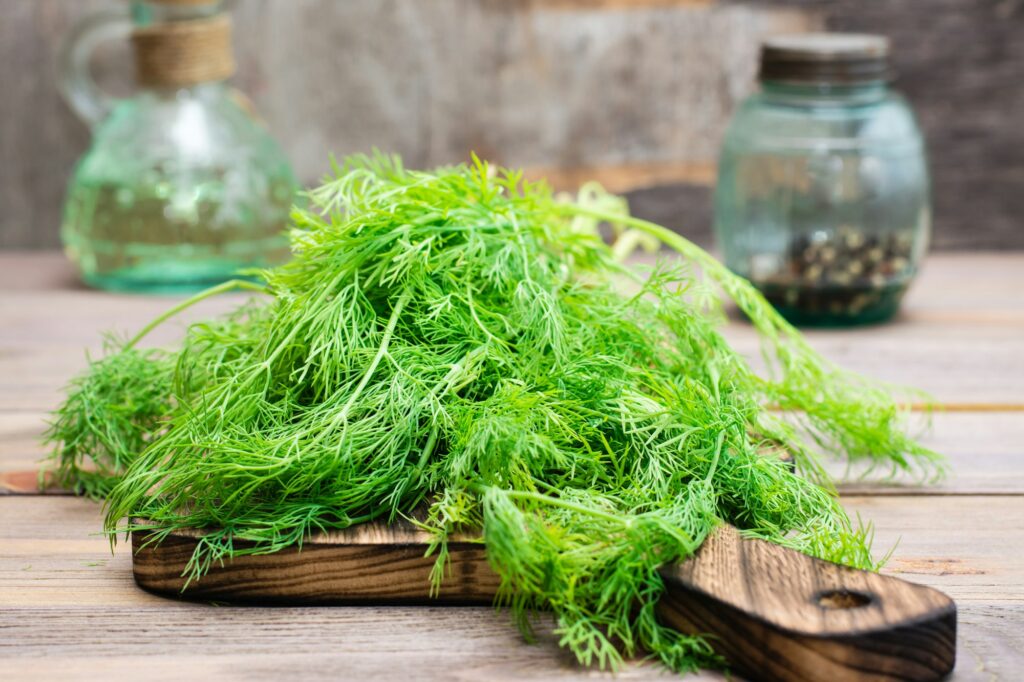
- Versatile Ingredient: Dill's fresh, tangy, and slightly sweet flavor pairs wonderfully with fish, vegetables, and dairy products. It's a staple in Mediterranean and Scandinavian cuisines.
- Pickling Power: Dill is famous for its role in making dill pickles. The herb's distinctive flavor is what gives these pickles their characteristic taste.
- Global Gastronomy: From Russian borscht to Greek tzatziki, dill features prominently in various international dishes. In Central and Eastern Europe, it's often used as a topping for soups and salads.
- Dill Butter: Mix dill leaves with butter to create a flavorful spread perfect for sandwiches or melting over grilled fish.
Health and Nutrition
- Nutrient-Rich: Dill is packed with essential nutrients, including vitamins A and C, manganese, iron, and calcium. It's a tasty way to boost your nutrient intake!
- Digestive Aid: Recognized for its digestive properties, dill can help alleviate indigestion, bloating, and stomach cramps. Some cultures even use dill water to soothe colicky babies.
- Natural Breath Freshener: The aromatic compounds in dill naturally freshen breath. Chewing on dill seeds or leaves can be an effective way to combat bad breath.
- Anti-Inflammatory Properties: Dill contains compounds with anti-inflammatory effects, potentially beneficial for conditions like arthritis and inflammatory bowel disease.
Beyond the Kitchen
- Natural Insect Repellent: Dill's strong scent makes it an effective natural insect repellent. Placing fresh dill leaves or dill oil around your home can help keep pests at bay.
- Companion Planting: In the garden, dill acts as a beneficial companion plant for vegetables like cabbage and lettuce. Its strong odor can repel pests while attracting beneficial insects.
Growing Your Own Dill
If you're inspired to add more dill to your life, why not try growing it yourself? Dill is a low-maintenance herb that thrives in well-drained soil and full sun. Plant seeds in spring or early summer, and you'll soon have a bountiful harvest to enjoy in your cooking.
Pro Tip: To maintain the freshness of dill, treat it like fresh flowers. Place trimmed stems in a glass of water, cover loosely with a plastic bag, and store in the refrigerator. Change the water regularly to keep it fresh.
Conclusion
From its ancient origins to its modern culinary applications, dill continues to prove its worth as a versatile and beloved herb. Whether you're using it to add flavor to your dishes, enjoying its health benefits, or growing it in your garden, dill is truly a remarkable plant with a rich history and bright future.
So next time you sprinkle some dill on your salad or add it to your pickle brine, remember the fascinating journey this humble herb has taken through history to reach your plate. Happy cooking!
